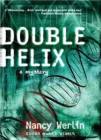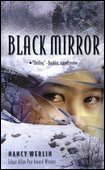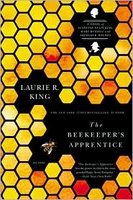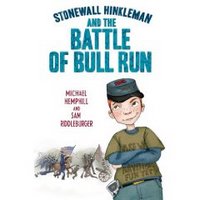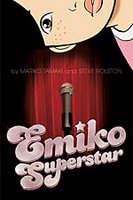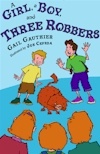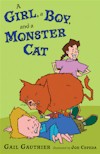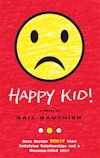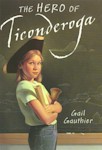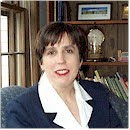Down on yourself about work? Feeling inept? Incompetent? Maybe a little humiliated?
I've got two words for you--
endorphin rush.
I've been moping around for a couple of days, boring my family to death, because it appears that I misread a book that I then blogged about. At length. You can read about this situation in the comments section of
this post. Spoiler alert! That's why I'm not writing about it here (the risk of spoilage). Besides, I'm actually writing about something else here.
Anyway, I was feeling very distressed about this because I am supposed to be able to comprehend a mystery novel, for crying out loud. (Unless it's something
like this. I will admit, I have only the vaguest idea what was going on with that one.) I was feeling inadequate. Stupid.
Yeah, that's right. I don't have anything bigger to worry about.
So, today was taekwondo day, and I'm at my class this morning. The instructor asked me to work with another student on
joong bong defense. I've been working on joong bong defense for, maybe, five years. It takes a while, but I find it doable because it's orderly and involves memorizing an attack and a defense. Ten of them, so far. It's not like sparring, which I am terrible at, because you have to respond to random attacks--you have to process what your opponent is doing and come up with a response, within seconds, and then keep moving.
However, when you are trying to teach a skill to someone, especially someone who is having trouble with it (and these things aren't easy), randomness comes into play again. The student makes mistakes. The student gets confused. I get confused. I make mistakes.
We didn't get very far, and I had to let the instructor know that I was...ah, how was I putting it earlier? Oh, yes. Inept, incompetent, and inadequate. He's a lovely young man and said he'd take over. I should go put my gear on because we were sparring this week.
In case you don't recall, I mentioned earlier that I am terrible at
sparring. So I'm walking across the dojang to my gear bag thinking, I can't read. I can't do joong bong defense. Now I've got to spar. I'm going to be crawling home on my stomach.
Au contraire!
Sparring went fantastically! I had a great training partner who doesn't usually train in the morning class, though I'd seen her around before. We were perfectly matched! Which is awful to say because she was six ranks below me. In my defense, though, she was taller than I am. But it was as if we were both at a level where we could each challenge the other without overwhelming her.
I came out of there with a buzz on like I haven't had after class
in years.
And on the way home I said, You're going to the library, Gail! And you're getting books. You're getting
hard books. And you know what else? You read that father/child storyline into that book, right? Okay, do something with it! This spring, after you finish your big project and are working on small ones, you're going to write that weird father story you've been thinking about for eight years! And then you're going to write that message-from-my-forefathers essay. And it's going to be brilliant! And you're going to submit it somewhere!
Yeah! Yeah!
I'm telling you, just remembering it is bringing the rush back.
Think of this post as your
Shaker and curling post. Without the Shakers or the curling.
Today's Training Report: I revised about four pages of the last chapter of the never-ending story. I'm within paragraphs of being done. This denouement is very different from the last one. I'm focusing very much on theme. I never used to think about theme much at all when I was writing. This is new for me.
Labels: All about me, Gail the Center of the Universe, Shakers and curling
